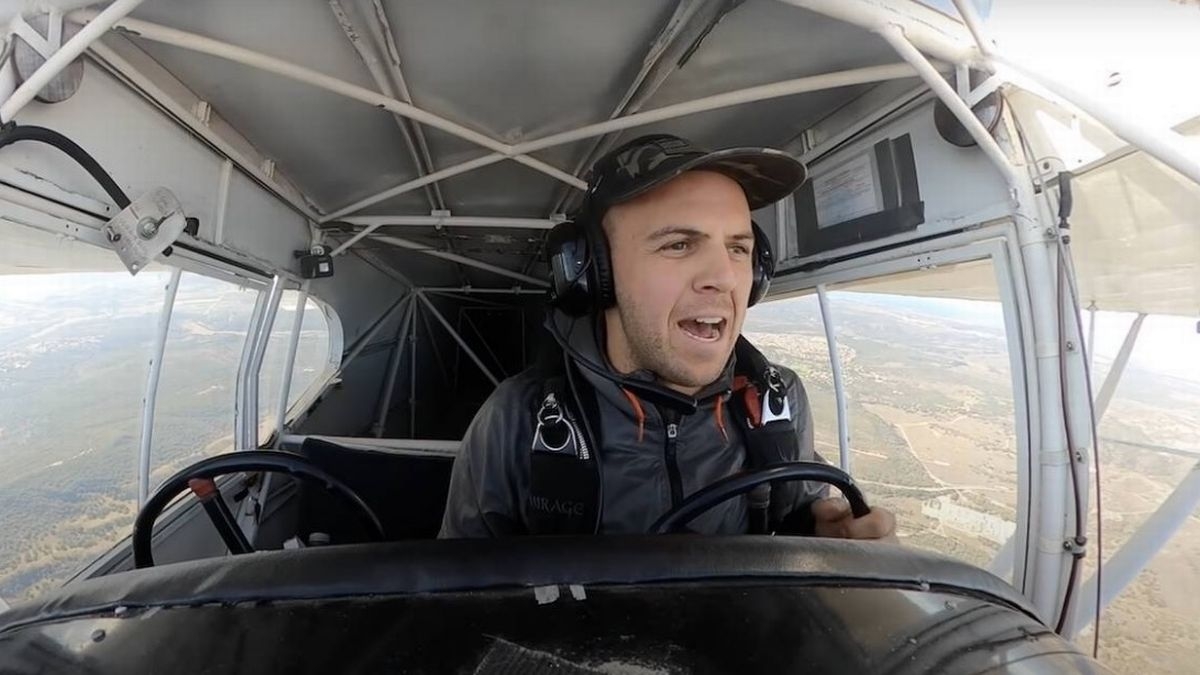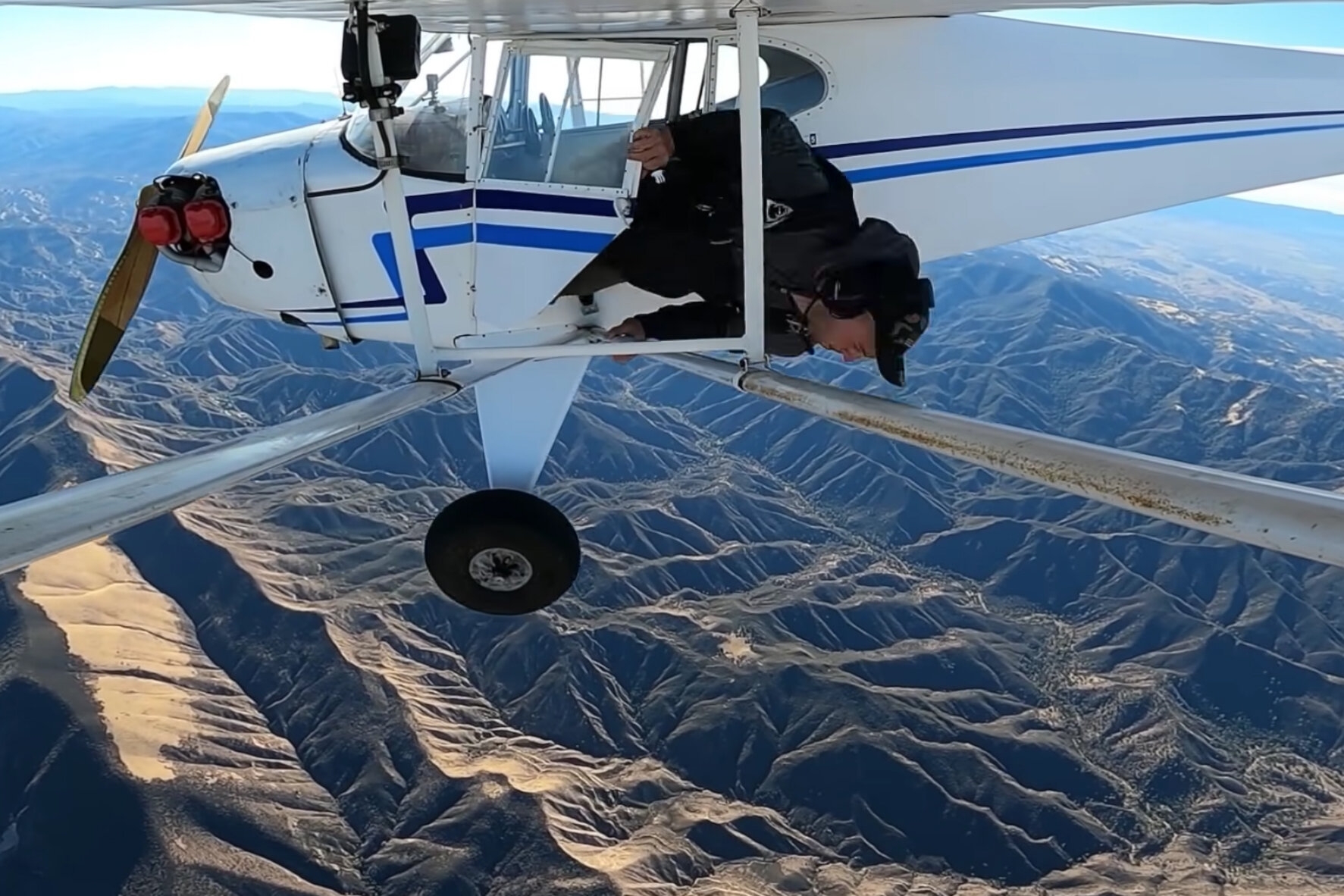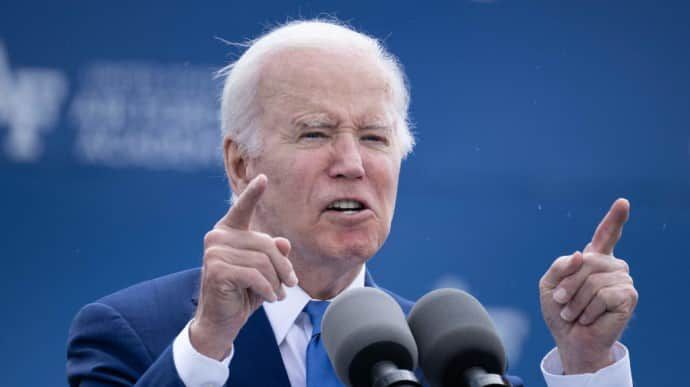A shocking development has come to light regarding the case of a popular YouTuber whose small plane crashed in a California national forest. In a plea agreement submitted to a federal court in Los Angeles, Trevor Jacob, aged 29, confessed to intentionally causing the aircraft to go down in order to gain attention for a potential sponsorship deal. This admission has sparked concerns about the ethical boundaries people are willing to cross in pursuit of online popularity and the potential repercussions of such actions. In this article, we delve into the specifics of the incident, the charges pressed against Jacob, and the broader implications of his behavior.
Crash for Publicity:
Jacob’s guilty plea was made in relation to a charge of destruction and concealment with the intention to impede a federal investigation. This offense carries a maximum prison sentence of 20 years, as specified by the U.S. attorney’s office for Central California. The incriminating video, titled “I Crashed My Airplane,” was uploaded by Jacob on December 23, 2021, and has amassed nearly 2.9 million views at the time of the latest update.
The video begins with Jacob, described in the plea agreement as a skilled pilot and skydiver, taking off from Lompoc City Airport in a Taylorcraft BL-65 aircraft. Approximately one minute into the footage, while flying over Los Padres National Forest, the camera captures a seeming malfunction of the propeller. Jacob is then shown parachuting from the plane just before it crashes into the mountains.
Deception and Sponsorship Scheme:
Initially, Jacob denied purposely crashing the plane for YouTube views in a statement to The New York Times following the incident. However, the plea agreement reveals a different story. According to the document, Jacob intended to use the video to secure a sponsorship deal with an undisclosed company specializing in wallets. The video was meant to showcase Jacob parachuting from the airplane and the subsequent crash, all while promoting the sponsored product.

Cover-Up and False Statements:
To conceal his actions, Jacob engaged in a series of deceptive acts. He falsely claimed in an email to a Federal Aviation Administration investigator that he didn’t know the location of the aircraft’s wreckage. In reality, he had enlisted the help of a helicopter company based in Paso Robles to transport the wreckage from the mountains to a trailer. The agreement states that Jacob then brought the wreckage to his airplane hangar in Lompoc, where he dismantled and discarded it.
Additionally, Jacob provided misleading information to the agency, claiming a complete loss of power 35 minutes after takeoff and asserting that he had parachuted due to the absence of a safe landing option. These false statements further complicated the investigation into the incident.
Awaiting Sentencing:
Jacob’s guilty plea raises significant legal and ethical questions. While he awaits sentencing, the consequences of his actions loom large. The incident underscores the growing concerns about the pursuit of online fame, the temptation for sensational content, and the potential risks involved. Furthermore, it highlights the need for responsible online behavior and the importance of maintaining integrity, even in the realm of social media.
Conclusion:
Trevor Jacob’s admission to intentionally crashing his airplane for views on YouTube has shocked both his followers and the wider online community. His guilty plea to federal charges demonstrates the serious legal implications of such actions. The incident serves as a stark reminder of the potential dangers associated with seeking attention and fame on digital platforms. As social media continues to shape the landscape of modern communication, it becomes increasingly important for individuals to prioritize integrity, responsibility, and ethical conduct in their online endeavors.
©traders-news.online










